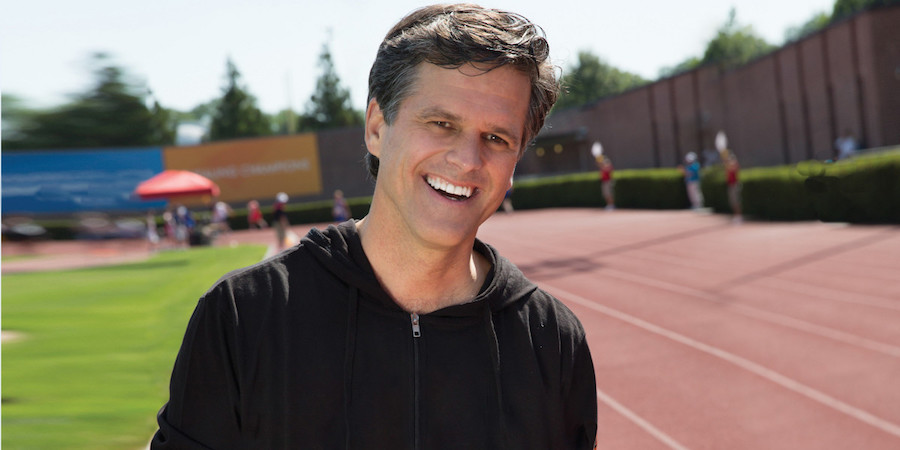Instilling Social And Emotional Health In Today’s Youth

If there’s one question that seems to be central in the country today, it’s this: “is there anything that gives us hope for the future?” The politics of bullying has led to increasing divisiveness, inequalities only seem to grow worse, and a never-ending stream of numbing violence has led many to despair. Are we losing hope?
Not so fast. In schools around the nation, a response is building. Teachers, parents, school leaders and young people themselves are addressing the growing anxiety, frustration, and disengagement in families and communities by developing new ways to teach and practice social and emotional skills, values, and ideals. These strategies include ways to teach self-awareness, strengthen social ties within schools, promote the values that have held our country together, and inspire a sense of purpose among our youth. Schools are not waiting for inspiration from the rest of the country. They’re leading the way.
This new field of “Social and Emotional Learning” is growing every day in part because, in national polls and surveys, teachers, parents, and school leaders overwhelming want more of it. Here’s how it works: school districts adopt new curricula that teach young people how to manage challenges in a healthy way and build strong relationships and values. Teachers learn new practices that reduce behavior problems and promote deeper engagement with rigorous academic material. Principals and Superintendents adopt policies that support educating both head and heart at the same time—with sensitivity to local conditions, with equity, and with quality.
And the results are encouraging. Research shows what common sense already knows: kids learn better when they feel safe and seen, inspired and challenged, purpose and belonging. Schools and districts that have a strong commitment to evidence-based social and emotional development are showing gains in behavior, academic achievement, and graduation too. And perhaps most importantly, young people themselves are being taught to be agents of change and they’re responding: they’re leading efforts in their schools to reduce violence, promote inclusion, and inspire commitment to positive change.
It may be true that our politics is broken. It may also be true that our national unity is at risk. It may even be true that our love of neighbor, faith in the country, and hope for the future are all at risk.
But it is not true that we are powerless to respond and even less true that no one is trying. We don’t need a national leader or national mandate to act. We need look no further than schools in our own neighborhoods where the new field of “Social and Emotional Learning” is inviting young people and adults together to be frontline innovators of inspiration, teaching, working and healing their way to a more hopeful future. That’s the kind of local revolution of hope that our children need, our families want, and our country deserves.
Tim Shriver is co-founder of CASEL, Chair of Special Olympics International and Co-Chair of The Aspen Institute’s National Commission on Social, Emotional, and Academic Development
READ MORE STORIES THAT MOVE HUMANITY FORWARD
READ MORE STORIES THAT MOVE HUMANITY FORWARD
SIGN UP FOR MARIA’S SUNDAY PAPER

